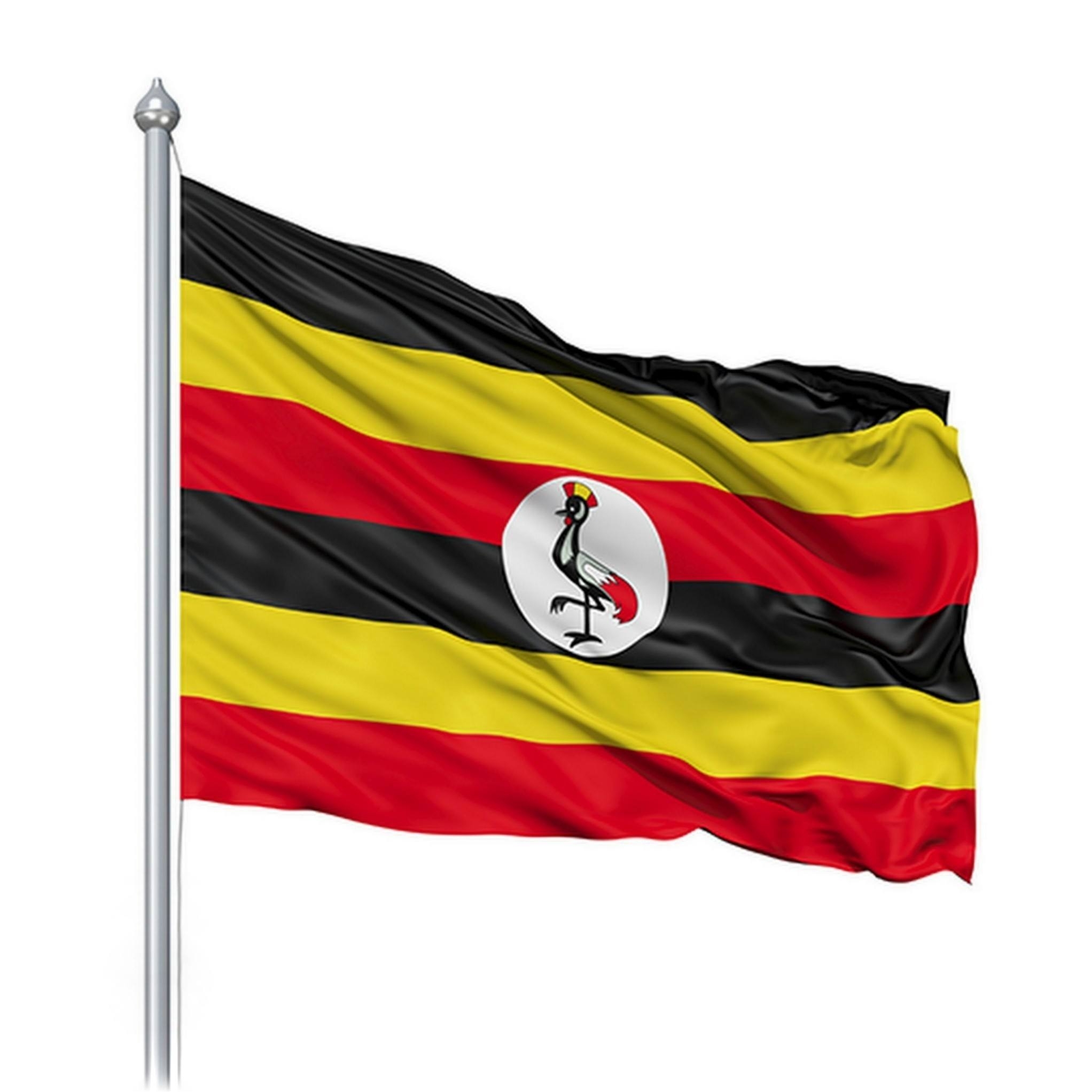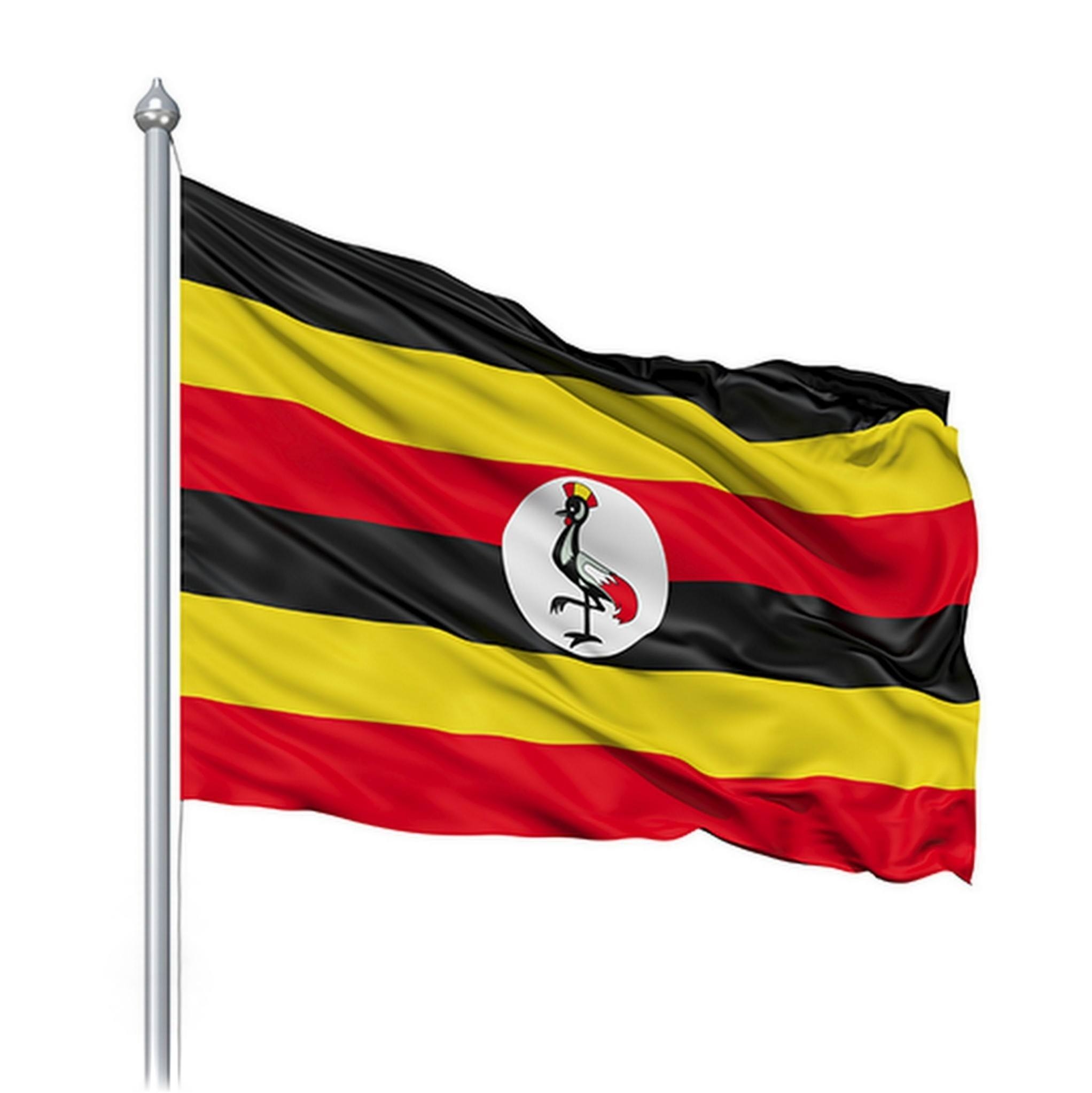Sponsored
The history of Uganda
- 59 people like this
- 5 Posts
- 2 Photos
- 0 Videos
- 0 Reviews
- Cause or Community
Recent Updates
- Decolonising our language – questioning the idea of ‘subsistence farming’Uganda is a country with rich black fertile soils, an agrarian climate that supports cropping throughout the year with two reasonably predictable planting seasons. As far as history can remember, agriculture has been and remains the backbone of this pearl of Africa. The Uganda Bureau of Statistics, 2019 reported that Uganda grows many food crops; 16 of which are major crops according to the...0 Comments 0 Shares 257 Views 0 ReviewsPlease log in to like, share and comment!
- People Power press conference July 24th 2019People Power press conference July 24th 2019
Press conference by People Power Leadership
Posted by Bobi Wine on Wednesday, 24 July 20190 Comments 0 Shares 248 Views 0 Reviews - ASSASSINATION ATTEMPT ON PRESIDENT OBOTE DECEMBER 19, 1969ATTACK ON OBOTE AROUSES UGANDA
By ANTHONY LEWIS JAN. 13, 1970 The New York Times.
KAMPALA, Uganda, Jan. 11 —Driving into Uganda from Kenya, the visitor is stopped five times at roadblocks over the 120 miles to Kampala. Soldiers with machine guns or rifles ask the purpose of the trip, look over the luggage and wave the car on.
The roadblocks are a visible sign of the tension that persists in Uganda three weeks after the assassination attempt on President Milton Obote. In most respects, life now seems calm, but it appears that Uganda narrowly escaped serious internal trouble.
The shooting of Mr. Obote caused more panic than was generally realized abroad. That night, Dec. 19, the sound of guns was heard through the night in Kampala—most of them apparently fired by trigger‐happy soldiers.
People coming home from Christmas parties and knowing nothing about the attack on the President were stopped by soldiers, forced to lie on the road, searched and sometimes beaten.
Army discipline and public confidence were restored quickly after the first nervous hours. But that was possible, officials say, only because the assassination attempt had failed and the Government had been able to give assurances about Mr. Obote's condition.
A powerful figure in the Government—Félix K. Onama, Minister of Defense and secretary general of the governing Uganda People's Congress— said in an interview that there might have been “chaos” if the President had been killed.
Kabaka Died
The Government immediately declared a state of emergency and banned the opposition Democratic party. Last night it announced that 26 persons had been placed in preventive detention under the emergency provisions.
There were reports of one or two men being arrested as the suspected assassins, but all indications are that the authors of the attack and its motives have not been discovered.
Observers say there are three main possible sources for the attack, if it was politically motivated and not an isolated individual crime.
One would be ethnic opponents, notably the Buganda. In 1966 Mr. Obote deposed their hereditary ruler, the Kabaka, and abolished the special place given the kingdom of Buganda within Uganda by the British before independence.
A second possible source of enemies would be ideological opponents uneasy about Mr. Obote's recent moves toward the left.
Finally, some think there are men in the President's own party and Government who see themselves as rivals for power.
The feeling that Uganda might have slipped into turmoil without Mr. Obote reflects the, widespread belief that he stands far above all other politicians as a national figure, able to overcome tribal differences.
One critic said privately that President Obote had held a small country together, against great tribal strains, by opting for a politics of reconciliation rather than one of innovation.
Americans Are Optimistic
The President is personally farther to the left than his Government's policy, this critic said, but he understands that Uganda is a conservative country and is bringing on economic reform gradually.
American observers are generally optimistic about Uganda's economic prospects, especially in agriculture.
The Americans, and others, think that the major immediate problem is the fragility of the political structure. Uganda is a country where ethnic sensitivities are so strong that many would rather see a foreigner as, say, a university dean than pick one Ugandan over another.
The fragility was demonstrated in the jitters right after Dec. 19, but Americans Embassy officials and others say that Uganda has demonstrated relative strength by getting back to near‐normal so quickly.ASSASSINATION ATTEMPT ON PRESIDENT OBOTE DECEMBER 19, 1969ATTACK ON OBOTE AROUSES UGANDA By ANTHONY LEWIS JAN. 13, 1970 The New York Times. KAMPALA, Uganda, Jan. 11 —Driving into Uganda from Kenya, the visitor is stopped five times at roadblocks over the 120 miles to Kampala. Soldiers with machine guns or rifles ask the purpose of the trip, look over the luggage and wave the car on. The roadblocks are a visible sign of the tension that persists in Uganda three weeks after the assassination attempt on President Milton Obote. In most respects, life now seems calm, but it appears that Uganda narrowly escaped serious internal trouble. The shooting of Mr. Obote caused more panic than was generally realized abroad. That night, Dec. 19, the sound of guns was heard through the night in Kampala—most of them apparently fired by trigger‐happy soldiers. People coming home from Christmas parties and knowing nothing about the attack on the President were stopped by soldiers, forced to lie on the road, searched and sometimes beaten. Army discipline and public confidence were restored quickly after the first nervous hours. But that was possible, officials say, only because the assassination attempt had failed and the Government had been able to give assurances about Mr. Obote's condition. A powerful figure in the Government—Félix K. Onama, Minister of Defense and secretary general of the governing Uganda People's Congress— said in an interview that there might have been “chaos” if the President had been killed. Kabaka Died The Government immediately declared a state of emergency and banned the opposition Democratic party. Last night it announced that 26 persons had been placed in preventive detention under the emergency provisions. There were reports of one or two men being arrested as the suspected assassins, but all indications are that the authors of the attack and its motives have not been discovered. Observers say there are three main possible sources for the attack, if it was politically motivated and not an isolated individual crime. One would be ethnic opponents, notably the Buganda. In 1966 Mr. Obote deposed their hereditary ruler, the Kabaka, and abolished the special place given the kingdom of Buganda within Uganda by the British before independence. A second possible source of enemies would be ideological opponents uneasy about Mr. Obote's recent moves toward the left. Finally, some think there are men in the President's own party and Government who see themselves as rivals for power. The feeling that Uganda might have slipped into turmoil without Mr. Obote reflects the, widespread belief that he stands far above all other politicians as a national figure, able to overcome tribal differences. One critic said privately that President Obote had held a small country together, against great tribal strains, by opting for a politics of reconciliation rather than one of innovation. Americans Are Optimistic The President is personally farther to the left than his Government's policy, this critic said, but he understands that Uganda is a conservative country and is bringing on economic reform gradually. American observers are generally optimistic about Uganda's economic prospects, especially in agriculture. The Americans, and others, think that the major immediate problem is the fragility of the political structure. Uganda is a country where ethnic sensitivities are so strong that many would rather see a foreigner as, say, a university dean than pick one Ugandan over another. The fragility was demonstrated in the jitters right after Dec. 19, but Americans Embassy officials and others say that Uganda has demonstrated relative strength by getting back to near‐normal so quickly.1 Comments 0 Shares 404 Views 0 Reviews2
- 2 Comments 0 Shares 308 Views 0 Reviews1

- 1 Comments 0 Shares 291 Views 0 Reviews1

More Stories





